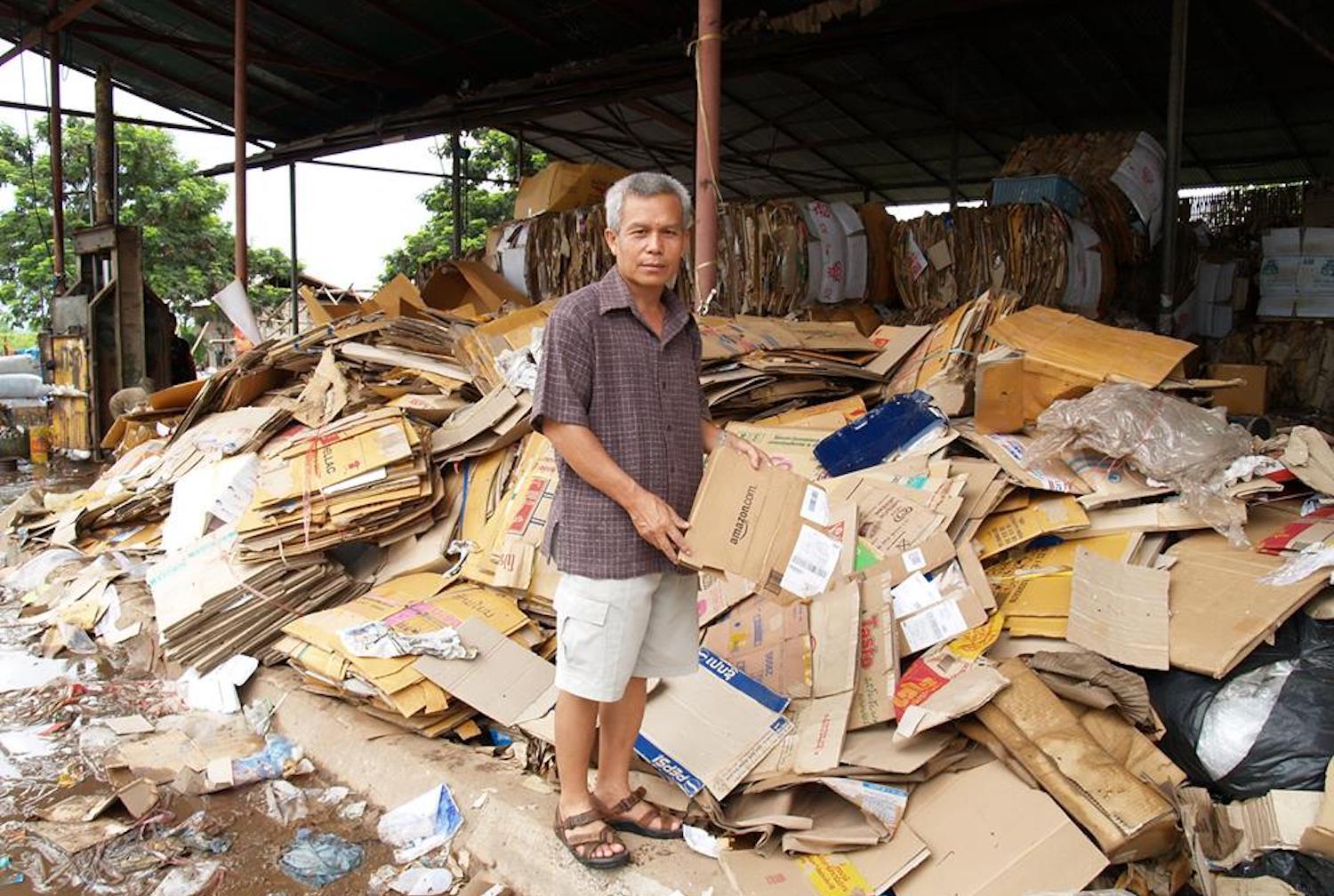Asia Times: 01 April 2019
 UN Special Rapporteur on poverty and human rights plans to refer the reclusive authoritarian nation to the UN Human Rights Council for a host of abuses and failings
UN Special Rapporteur on poverty and human rights plans to refer the reclusive authoritarian nation to the UN Human Rights Council for a host of abuses and failings
Communist-run Laos has had a relative knack for staying out of the news for its human rights abuses, endemic corruption and sub-par performance in providing services to its citizens. But now finally someone of prominence is speaking out.
Philip Alston, United Nations Special Rapporteur on extreme poverty and human rights, visited the land-locked nation from March 18-28, winding up his trip with an unusually forthright 23-page statement on the bleak situation in Laos that will be submitted in June to the UN Human Rights Council.
Few observers think the UN report will have much impact on policy directives in Laos People’s Democratic Republic (PDR), which has been under the authoritarian rule of the communist Lao People’s Revolutionary Party since 1975.
Alston’s statement may, however, have impact on the way UN agencies and other multilateral aid organizations, key players in the country’s aid-dependent economy, comport themselves in one of the region’s most reclusive, poor and arguably abusive nations.
“Many interlocutors suggested to me that the UN in Lao PDR has largely failed to be a voice for the vulnerable, let alone for human rights, and that it has promoted an overtly optimistic picture of the country’s successes while sidestepping most of the many issues that it and the government deem to be ‘sensitive’,” Alston wrote in his report.
“What I hope to do with this statement is convince those that are more self-censoring to start speaking more freely,” he told Asia Times in an exclusive interview.
The UN’s largely uncritical stance on the Lao government’s top-down management style is not news to the limited number of foreigners who have lived and worked in Laos since it began opening up to foreign aid and investment in the early 1990s.
Then the UN had near godlike sway over the government, which at the time was nearly wholly dependent on overseas development aid to keep what was then ranked as among the world’s poorest economies afloat.
But that narrative has since changed as China as recently started to pour aid and investment into the neighboring country, with no strings attached for improvements in rights, governance or transparency.
“They are too late,” said one foreign businessman about the UN’s apparent shifting stance on the country. “Twenty years ago they should have done it [forced reforms], but now they are competing against aid from China.”
Laos arguably has the most shackled press in Southeast Asia. It is the only country in mainland Southeast Asia where there are no mainstream media bureaus, in part due to the meager news pickings from the land-locked outpost but also because of an unofficial ban on foreign media in residence.
The lack of bad news emanating from Laos, including on issues of official corruption, is in part thanks to the regime’s gift for suppressing all forms of dissent and any form of criticism from civil society, even from the resident international community.
“There is a total climate of fear that permeates all civil society,” Alston told Asia Times. “And I would say there is a form of intimidation of the whole international community.”
Take, for instance, the well-known case of the mysterious disappearance of Sombath Somphone, a prominent civil society leader who was last seen at a police checkpoint in the capital of Vientiane in 2012.
Although CCTV footage showed Sombath being detained and driven away by what appeared to be plain-clothes policemen, the government has never acknowledged his arrest nor revealed his whereabouts, despite an unusually loud international outcry over the case.
The UN’s role in the Sombath case, critics say, was particularly pusillanimous. Prior to Sombath’s disappearance in 2012, the then UN resident coordinator had co-authored an opinion piece on participatory consultations with the civil society leader.
“After a draft of the article was circulated, the government of the Lao PDR, reportedly objected, causing the Resident Coordinator to take the highly unusual step of disavowing co-authorship and asking civil society groups to remove the article from their networks,” says Alston’s statement. “Just two months later, Somphone disappeared,” he notes.
Sombath’s unexplained disappearance sent a strong, if not chilling, message to the rest of civil society that even the mildest forms of dissent would not be tolerated.
Alston notes how UN agencies in Laos operate under severe constraints, which they willingly endure to maintain their operations in the poor nation.
For instance, they must seek permission from the government before visiting provincial areas, and must do so with government minders. UN reports, meanwhile, cannot be published without the prior permission of the government and are often shelved rather than publicly released.
“They don’t speak out because they know they will be thrown out,” Alston said in the interview. “But I think the international community doesn’t do itself any favors by not speaking honestly to the government…

